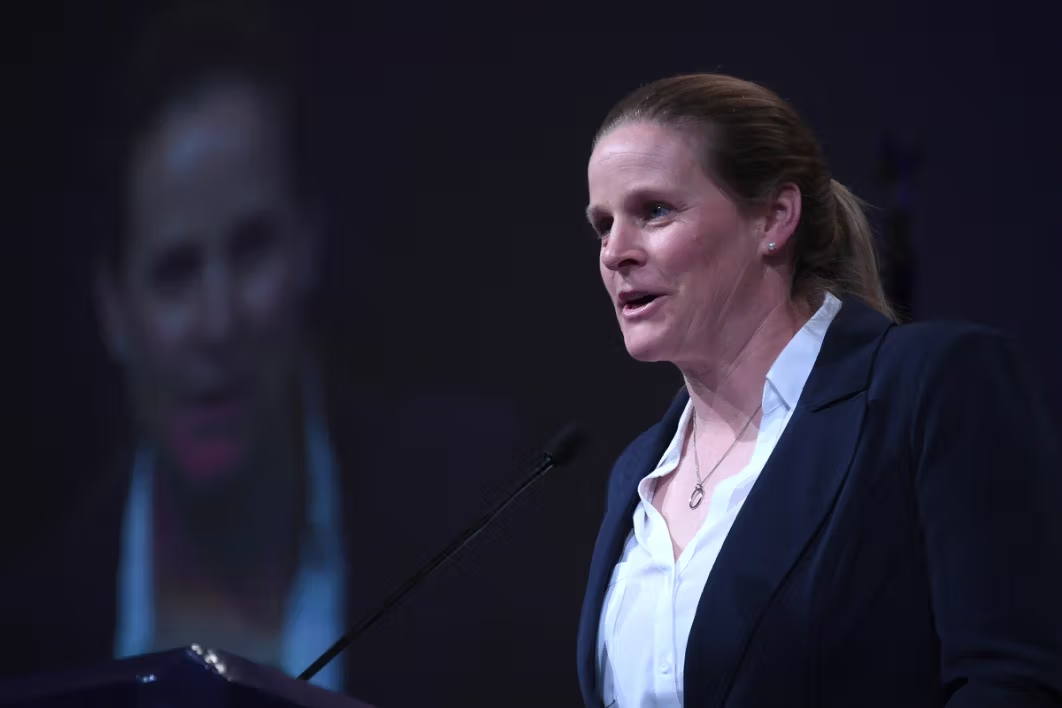U.S. Soccer Conference Call: President Cindy Parlow Cone and New CEO Will Wilson Address the Media
On Tuesday, March 24, U.S. Soccer President Cindy Parlow Cone and new CEO/Secretary General Will Wilson spoke with media members via conference call one day after Wilson was unveiled as U.S. Soccer’s newest CEO. The two leaders addressed a range of topics about U.S. Soccer’s current and future business.





